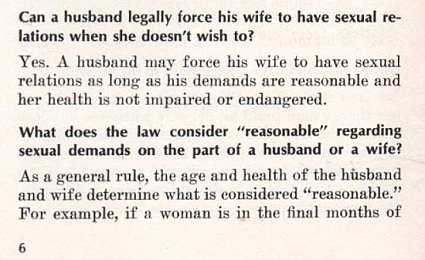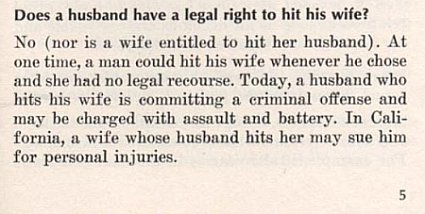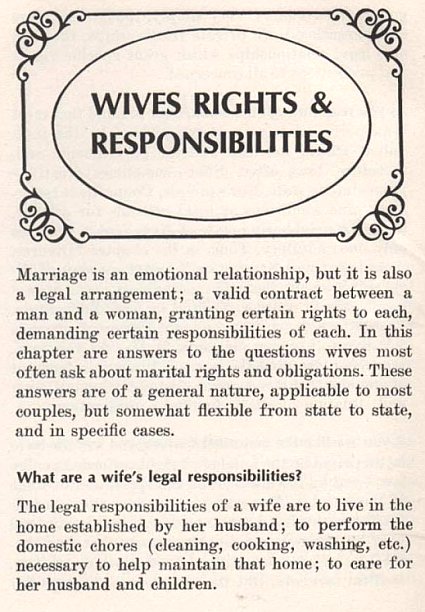From my NOW newsletter…
No woman will have full equality until all women have full equality, and we must seize every opportunity to ensure equal rights under the law for lesbian, gay, bisexual and transgender people. The National Organization for Women has proudly endorsed the National Equality March taking place in Washington, D.C., on Oct. 11, 2009. Read the official statement of NOW President Terry O’Neill here.
March for Equality! Join activists on Facebook
After taking action, please support our work!
Here are three ways you can stand with the National Equality March this October:
1. Ask your chapter to endorse the National Equality March.
2. If you can make it to Washington, bring your NOW rounds, put on a NOW National Equality March T-shirt and join the NOW delegation in the march. Grassroots activists from chapters around the country are meeting in Farragut Square park at 11:30 a.m. on Sunday. Please gather at the corner of 17th and K (northeast portion of the park).
If you have questions, Pacific Shore NOW President Zoe Nicholson is serving as NOW National Equality March Lead and can be reached through this Facebook group for NOW activists.
Follow this link for travel tips from Equality Across America.
3. If you can’t make it to Washington, consider organizing a solidarity event in your community. Be sure to link it to the March for Equality NOW Facebook group.
and then








